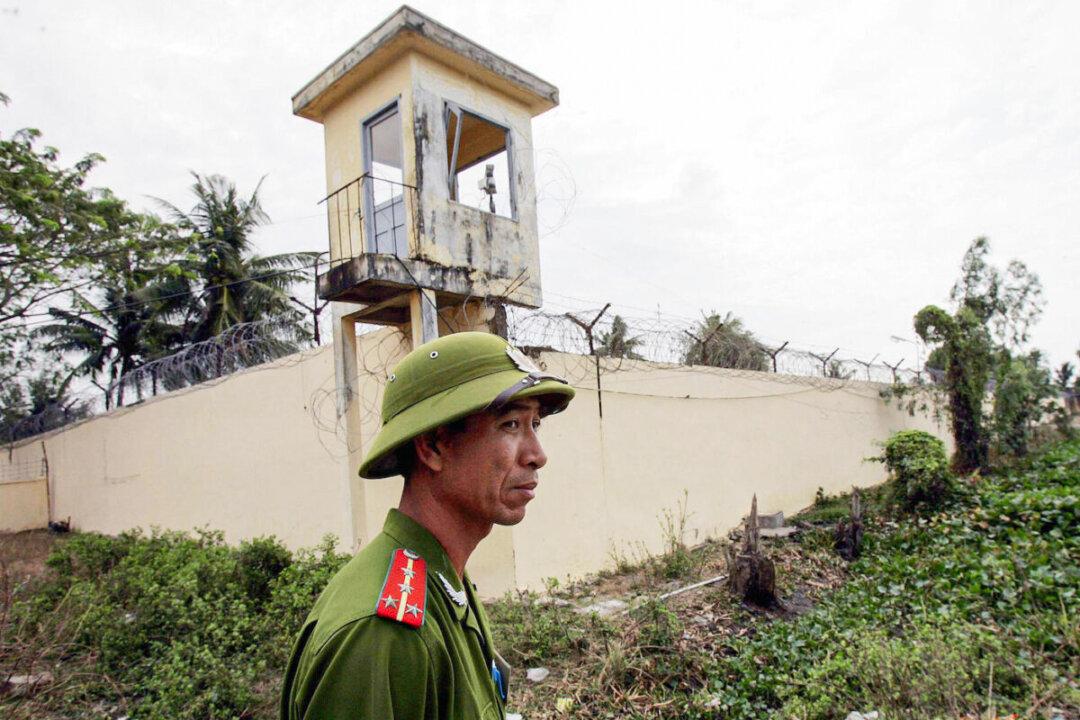A Vietnamese academic, who published books detailing his suggestions for the improvement of the ruling Communist Party of Vietnam, was charged with “abusing democratic freedoms” and banned from leaving the country.
Nguyen Son Lo, 74, the former director of the SENA Institute of Technology Research and Development, was prosecuted and placed under house arrest by the Ministry of Public Security on Wednesday.





